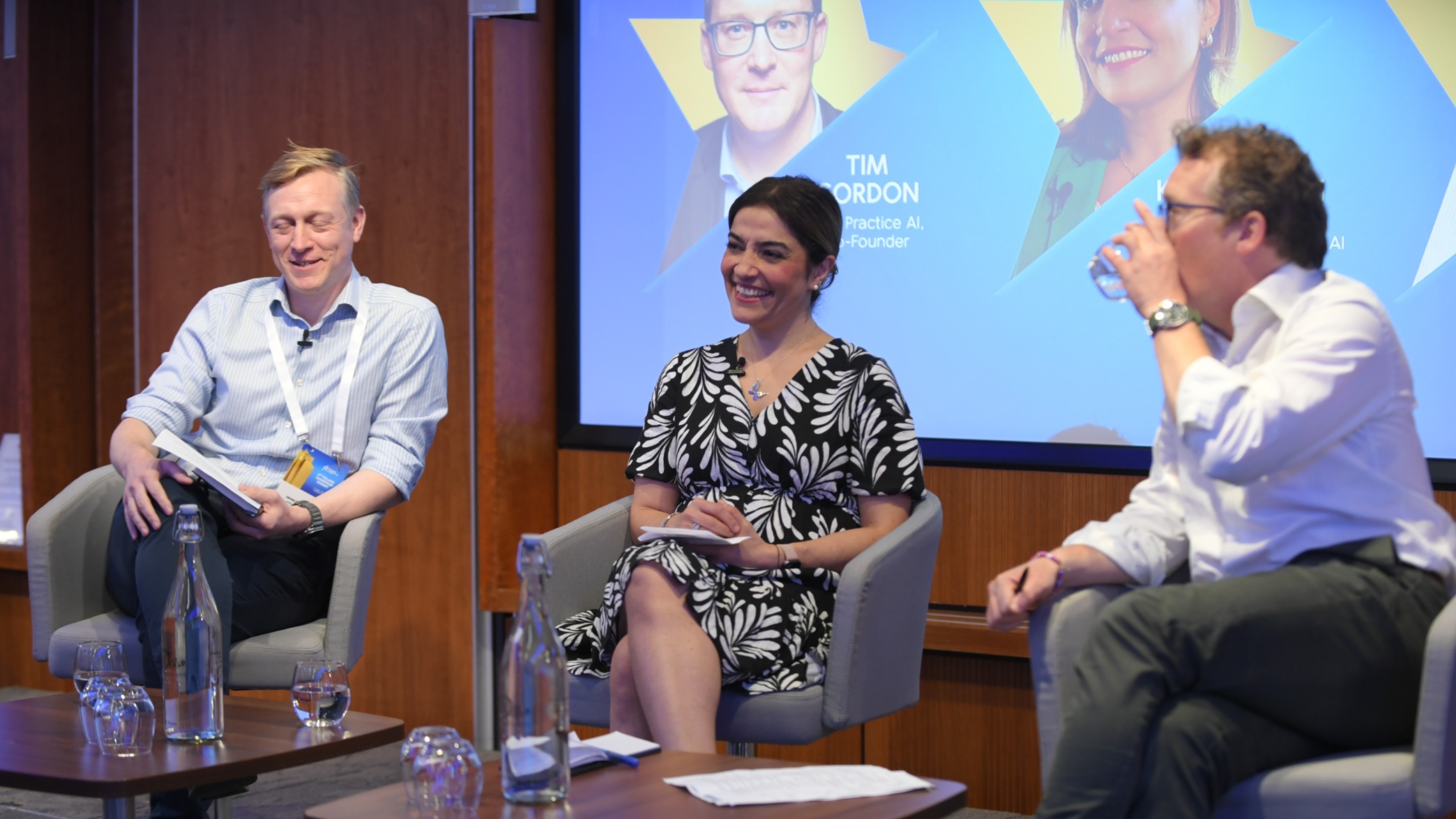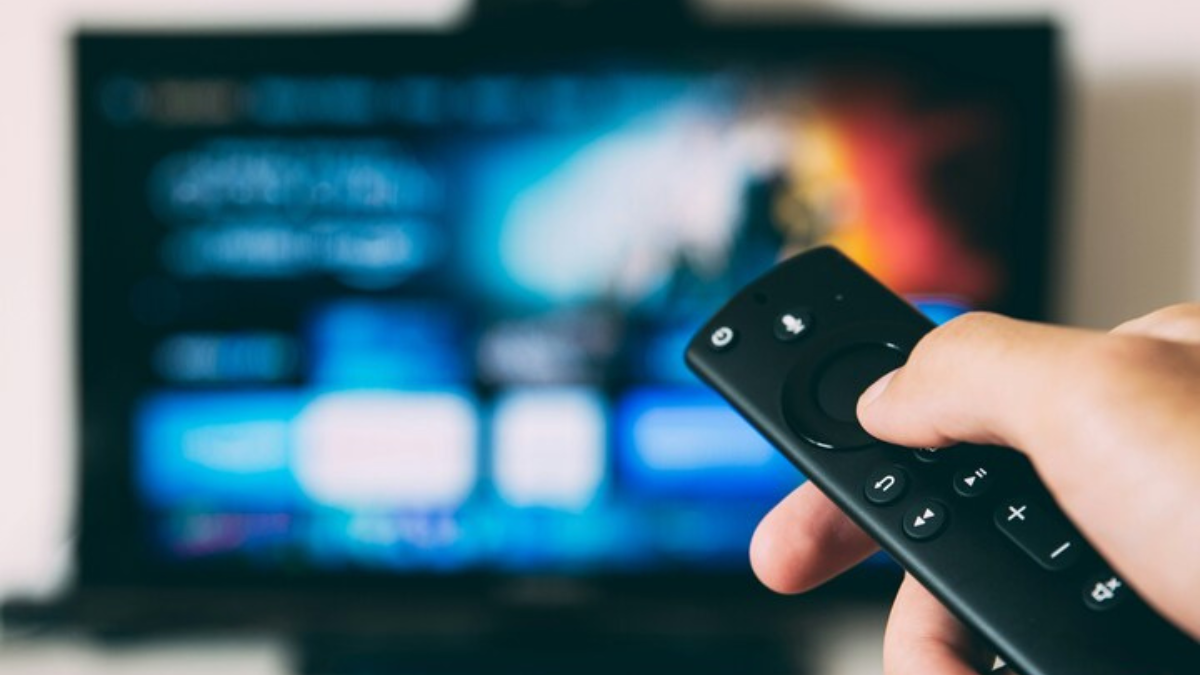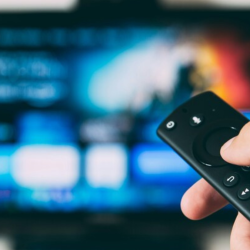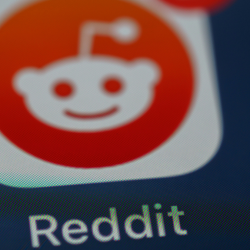Every year a new DEI backlash presses companies to ask: do we need to rebrand?
This cyclical backlash seems as predictable as it is misguided. DEI has gone through a merry-go-round of backlash and ‘wokeism’ accusations, all supported by a political architecture in some countries where DEI has been consistently legislated against in public institutions. While the need to update strategies in response to changing climates is understandable, we must not lose sight of the core mission of DEI.
Recently, companies have made efforts to slowly retreat from their use of the phrase DEI. Eli Lilly has scrubbed the mention of DEI from its shareholder letters, Starbucks shifted its senior leader bonus incentives from ‘representation’ to ‘talent’, and Microsoft has been accused of cutting its entire DEI team due to ‘changing business needs’. In a particularly bold move, one company (Scale AI) has claimed it will replace the concept of DEI altogether with ‘MEI’, standing for ‘Merit, Excellence and Intelligence’.
DEI emerged from an understanding that our workplaces mirror our broader society — a society rife with inequality
Our workplaces don’t exist in a vacuum, and increasingly we see the overlap between global politics and their influence in the workplace. In the UK, for example, we’ve recently seen some of the most violent attacks on Muslim and racially minoritised groups on our streets. In light of this, swathes of companies sent their staff home or urged them not to come into work if they felt concerned or worried about the violence they might face in the streets. This is a stark reminder that our professional lives are inextricably linked to the world outside the office. We’re living in a time where identity politics are regularly weaponised for political gain. From election campaigns that peddle divisive rhetoric to the ongoing culture wars that pit ‘wokeism’ against ‘traditional’ values, the political landscape is more polarised than ever. This divisiveness has inevitably seeped into the corporate world, where DEI initiatives are now often seen as political statements, rather than necessary practices for creating fair and just workplaces. DEI isn’t a corporate buzzword — it’s a framework aimed at rectifying centuries of systemic inequities.
This isn’t just about optics, it’s also about productivity and innovation
Gen Z, the most diverse generation yet, has consistently made it clear that they want to work for companies whose values align with their own. When employees feel seen, heard, and valued, they are more likely to be engaged — and given the world of work is losing $8.8tn in lost productivity, this is a necessity. The argument that DEI has become too politicised misunderstands how we engage with our workplaces. We can’t neatly separate who we are at work from who we are the rest of the time. The decisions we make from the minute we wake up are informed by the multitude of narratives, biases, and assumptions we have about the world, based on how we were raised, the culture that informs our daily life, and the media we consume. Trying to strip DEI of its political dimensions is like looking at the frame instead of the painting — it’s missing the point entirely.
Debating whether DEI needs to be renamed is a red herring, and takes us away from engaging with meaningful work to understand and address longstanding inequalities. Take The Guardian, for example. Their founding trust, The Scotts Trust, undertook a comprehensive review looking at its historical links to the transatlantic slave trade. They didn’t shy away from the uncomfortable truth. Instead, they launched a £10m ten-year programme of restorative justice. This is the kind of action companies can focus on if they avoid getting embroiled in debates about whether to rebrand DEI.
The backlash against DEI is nothing new — we’ve seen it with so many efforts to address inequality — whether it’s the civil rights movement or the fight for women’s suffrage, challenging the status quo is never easy. The answer is not to retreat and rebrand, but to push forward and refocus.
What we need is to deepen our understanding of the contexts that lead to existing inequalities. Why are candidates with ‘Black’ sounding names less likely to get a callback for a job? Why was the gender pay gap this year the biggest some companies have seen in years? Why have 72% of professionals experienced discriminatory or exclusionary workplace behaviour? These are the questions we need to be asking, not whether we should change the acronym. Does DEI need a rebrand? No. What it needs is more engagement, more critical interrogation, and a genuine dedication to addressing the longstanding inequalities that persist in our society. Now that’s something we should all get behind.
Featured image: Christina @ wocintechchat.com / Unsplash


















